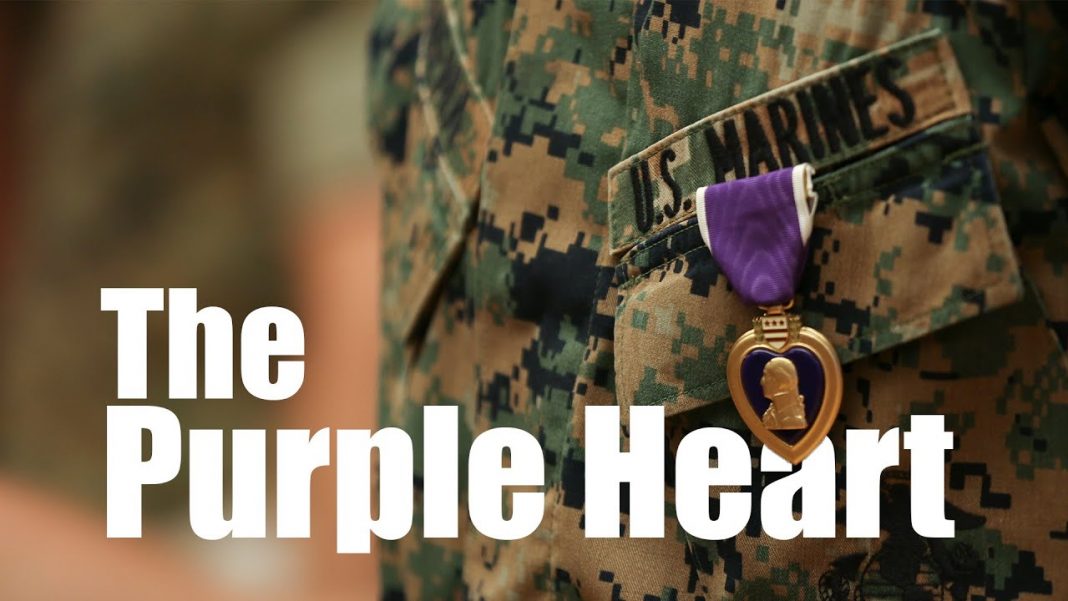Confiscation could be an option.
Gov. Andrew Cuomo (New York Times, 1/09/13)
1. ATF illegally copying 4473 forms
* ATF using digital scanners. “ATF has been copying FFL Bound Books for years — with or without FFL permission. During annual compliance inspections in other states, FFL dealers have reported that ATF industry operations investigators (IOI) brought in digital cameras and photographed the entire dealer ‘Bound Book’ without permission of the FFL holder. Other dealers reported investigators brought in digital scanners and scanned portions of the Bound Book — line by line. Of course, the Bound Book contains the dealer’s full record of lawful firearm sales transaction records.”
* GOA legal counsel, Michael Hammond: “Several gun dealers have contacted me and asked for my advice. Invariably, they say that the ATF is, or has been, at their store — making wholesale copies of their 4473 forms — and they want to know if that’s legal. I’m not going to betray their confidence without permission, but I can tell you that this has occurred enough times to make me believe these are not isolated incidents. And this has happened despite the prohibition in 18 USC 923(g)(1)(D) which specifically prohibits anyone in the Justice Department from ‘seiz[ing] any records or other documents other than those records or documents constituting material evidence of a violation of law.’”
*FFL’s complain of illegal ATF activity. “The [ATF] is engaged in new illegal activity, this time in the state of Alaska. According to gun store owners in Anchorage, ATF agents are requiring that they submit what is called ‘4473 Forms’ going as far back as 2007…. The ATF has the authority to inspect or request a copy of the form if agents are conducting a criminal investigation. But nowhere does the law or the rules and regulations of the ATF permit the agency to require gun stores to simply turn over these records en mass as a matter of course. The gun stores in Anchorage are not being told that their records are being requested as part of a criminal investigation of any kind. The ATF has not specified certain forms from specific time frames as one would expect during such an investigation. The agency is telling the stores that it wants all of these records, in totality, going back to 2007.”
2. Elected officials have used registration lists to confiscate firearms
* From registration to confiscation in New York. In the mid-1960’s officials in New York City began registering long guns. They promised they would never use such lists to take away firearms from honest citizens. But in 1991, the city banned (and soon began confiscating) many of those very guns. In 1992, a New York City paper reported that, “Police raided the home of a Staten Island man who refused to comply with the city’s tough ban on assault weapons, and seized an arsenal of firearms…. Spot checks are planned [for other homes].”
* Confiscation in New Orleans. “No one is allowed to be armed. We’re going to take all the guns,” said P. Edwin Compass III, the superintendent of the New Orleans police, right before several law-enforcement agencies began confiscating the firearms of lawful gun owners in the wake of Hurricane Katrina (2005).
3. Background checks can (and do) lead to gun registration
* Justice Department report (1989). “Any system that requires a criminal history record check prior to purchase of a firearm creates the potential for the automated tracking of individuals who seek to purchase firearms.”
* Justice Department initiates registration (1994). The Justice Department gave a grant to the city of Pittsburgh and Carnegie Mellon University to create a sophisticated national gun registry using data compiled from states’ background check programs. This attempt at registration was subsequently defeated in the courts.
* More gun owner registration (1996). Computer software distributed by the Justice Department allowed police officials to easily (and unlawfully) register the names and addresses of gun buyers. This software—known as FIST—also kept information such as the type of gun purchased, the make, model and caliber, the date of purchase, etc. This demonstrates how easily background checks can be used to register gun owners’ information.
* Federal Bureau of Investigation registers gun owners (1998). Despite prohibitions in federal law, the FBI announced that it would begin keeping gun buyer’s names for six months. FBI had originally wanted to keep the names for 18 months, but reduced the time period after groups like Gun Owners of America strongly challenged the legality of their actions. GOA submitted a formal protest to the FBI, calling their attempt at registration both “unlawful” and “unconstitutional.”
CONCLUSION: Universal Background Checks will send us much further down road to giving the Andrew Cuomos of the world the registration lists they need for gun confiscation. But we still won’t be able to stop creeps like Adam Lanza from circumventing those background checks (he stole his weapons) and attacking children.
[i] Robert Farago, TheTruthAboutGuns.com (May 27, 2012).
[ii] https://thespeechatimeforchoosing.wordpress.com/2012/04/09/shocking-new-report-alaska-gun-stores-say-atf-engaging-in-new-illegal-activity/ (April 9, 2012).
[iii] On August 16, 1991, New York City Mayor David Dinkins signed Local Law 78 which banned the possession and sale of certain rifles and shotguns.
[iv] John Marzulli, “Weapons ban defied: S.I. man, arsenal seized,” Daily News (September 5, 1992).
[v] Richard B. Abell, Assistant Attorney General, Task Force Chairman, Report to the Attorney General on Systems for Identifying Felons Who Attempt to Purchase Firearms (October 1989), p. 75.
[vi] Bureau of Justice Assistance, Grant Manager’s Memorandum, Pt. 1: Project Summary (September 30, 1994), Project Number: 94-DD-CX-0166.
[vii] Copy of “FIST” (Firearms Inquiry Statistical Tracking) software at GOA headquarters, Springfield, VA. See also Pennsylvania Sportsmen’s News (Oct./Nov. 1996). The default in the “FIST” computer software is for the police officials to indefinitely retain the information on gun owners—despite the fact that the Brady law only allows officials to retain this data for 20 days. One wonders who will ensure that this information will be deleted after the 20th day.
[viii] Mike Slavonic, NRA Director and Chairman of the Legislative Committee for the Allegheny County Sportsmen’s League, states that the instant background check could be “our downfall.” He notes that, “What most Americans don’t know is that once instant check goes into effect in 1998 the purpose of Brady could be used to set the stage for national confiscation. Instant check could eventually keep guns out of the hands of everyone by registering everyone who purchases a handgun, rifle and shotgun and who obtained concealed weapons permits in a computerized database like ‘FIST’. The most difficult problem with a gun ban is locating the firearms. FIST [with the help of the instant check], over time, could solve that problem.” Slavonic, “Another Gun Database Discovered,” Pennsylvania Sportsmen’s News (Oct./Nov. 1996) at 7.
[ix] FBI’s Final Rule printed in the Federal Register (October 30, 1998) at 58311. After the FBI submitted its proposed regulations on June 4, 1998, Gun Owners of America submitted written comments (in September of 1988) to challenge the FBI’s regulations. GOA stated, “These proposed regulations are unlawful and unconstitutional. hey are so fundamentally corrupt that there are no incremental changes which will even marginally improve them. Rest assured that they will be challenged in every possible judicial and legislative forum. . . . The efforts to retain information on gun owners for eighteen months—and indefinitely in your computer backup system—constitutes an illegal system of firearms registration, in violation of 18 U.S.C. 926. The same is, in fact, true even for efforts to retain information about persons prohibited from purchasing firearms.”
Read Original Article on Gun Owners of America
More Information & Take Action Links
ATF Illegally Copying Form 4473s: https://gunowners.org/news02042013c/
Testimonials from FFLs: https://gunowners.org/appendix04042013/
Info about software making Registry easier: https://gunowners.org/does-the-atf-have-a-list-of-guns-that-you-own/
Federal Resister Re; Open Public Comment Period: https://www.federalregister.gov/documents/2019/12/26/2019-27719/agency-information-collection-activities-proposed-ecollection-ecomments-requested-revision-of-a#further-info
TAKE ACTION HERE!!! https://gunowners.org/na02152020/
About Gun Owners of America
Gun Owners of America (GOA) is a non-profit lobbying organization formed in 1975 to preserve and defend the Second Amendment rights of gun owners. GOA sees firearms ownership as a freedom issue.
About Guns & Gadgets
Guns & Gadgets, is a source for 2nd Amendment news. They bring news on new bills submitted at the local, state and federal levels that could infringe on our Constitutional Right to Bear Arms. a right endowed to us by the 2nd Amendment. They also review guns and gear and other things related to the 2nd Amendment.





